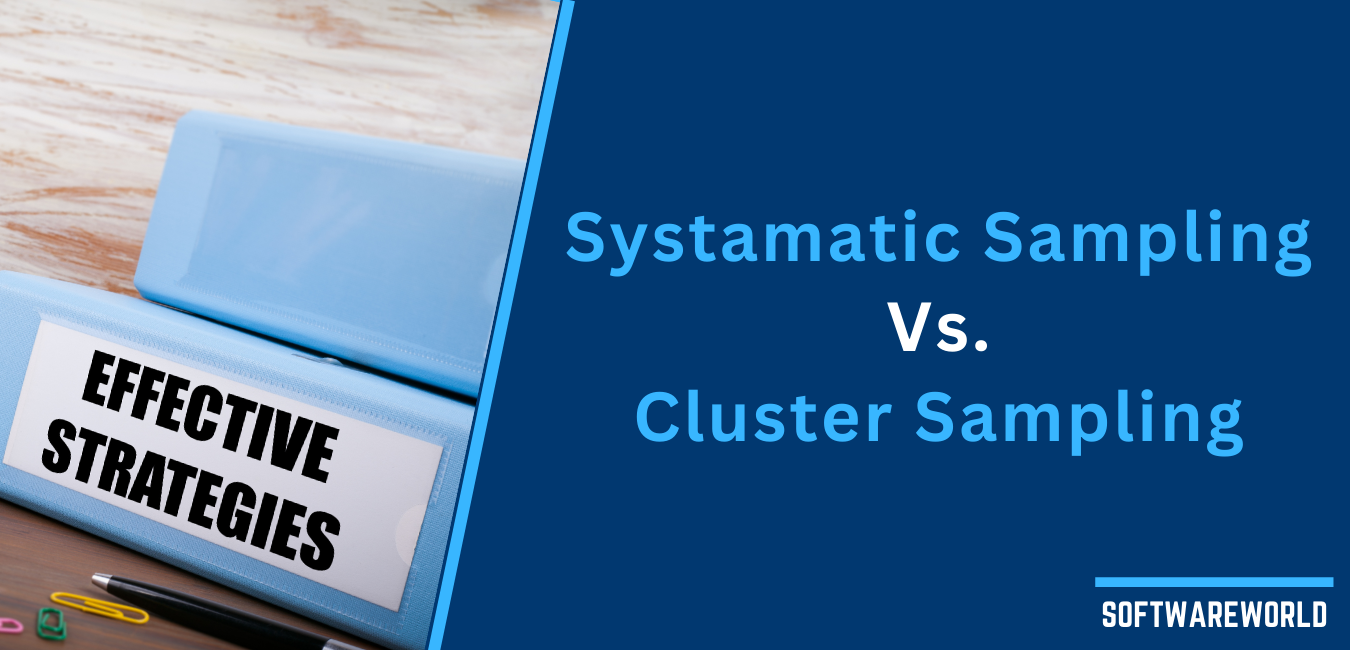Table of Contents
Accounting is the structured process of recording, summarizing, analyzing, and reporting financial transactions of a business or individual. It forms the backbone of financial decision-making and ensures compliance with laws and financial regulations.
Often referred to as the “language of business,” accounting helps business owners, investors, tax authorities, and managers make informed decisions. Whether you're a startup, freelancer, or enterprise, accounting gives you clarity on your cash flow, profits, liabilities, and financial health.
» What is Accounting?
» Why is Accounting Important?
- Tracks Financial Performance: Keeps a record of profits, losses, and overall financial health.
- Helps in Tax Filing: Organizes all financial data to meet legal compliance and audit requirements.
- Supports Decision-Making: Provides data-driven insights to plan business expansion, cost-cutting, or investment.
- Builds Investor Trust: Accurate records boost transparency and attract potential investors.
- Monitors Cash Flow: Prevents overspending or shortage of funds in daily operations.
» Types of Accounting
1. Financial Accounting
Focuses on preparing financial statements for external stakeholders like investors and government.2. Managerial Accounting
Used internally by management to make operational decisions and improve efficiency.3. Cost Accounting
Analyzes production costs to help in pricing and budgeting strategies.4. Tax Accounting
Ensures compliance with tax regulations and assists in tax planning and filing.5. Forensic Accounting
Used in investigations related to fraud, legal disputes, or financial irregularities.» Key Accounting Principles
- Accrual Principle: Revenue is recorded when earned, not when received.
- Matching Principle: Expenses should be recorded in the same period as related revenues.
- Revenue Recognition Principle: Revenue is recognized when it is realizable and earned.
- Conservatism Principle: Choose the solution that results in lower profits until more certainty is available.
- Double-entry System: Every financial transaction affects two accounts, ensuring balanced books.
» Who Uses Accounting?
- 📈 Small Businesses – For managing daily income, expenses, and taxes.
- 🏢 Enterprises – For internal control, shareholder reporting, and strategy planning.
- 🧾 Freelancers & Consultants – For invoicing, expense tracking, and tax filing.
- 🏥 Nonprofits – For grants, donation tracking, and financial transparency.
- 🏛️ Government Bodies – For budget allocation and financial auditing.
» Tools Used in Accounting
- QuickBooks – Best for small to mid-sized businesses
- FreshBooks – Ideal for freelancers and consultants
- Xero – Great for startups and remote teams
- Zoho Books – Affordable and scalable for growing businesses
- Wave – Best free option for small operations
» Accounting vs. Bookkeeping
| Feature | Bookkeeping | Accounting |
|---|---|---|
| Focus | Recording transactions | Interpreting financial data |
| Objective | Track daily operations | Make business decisions |
| Performed by | Bookkeeper | Accountant or CPA |
| Output | Journals, ledgers | Financial reports, forecasts |
| Required For | All businesses | Tax filing, audits, financial planning |



